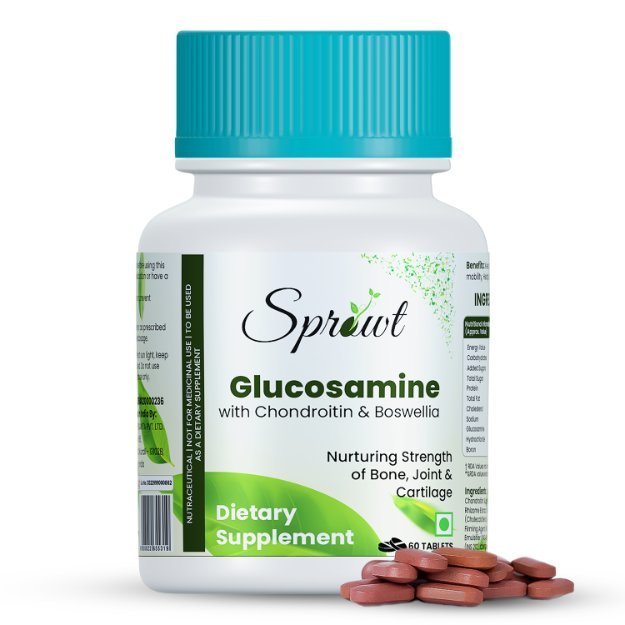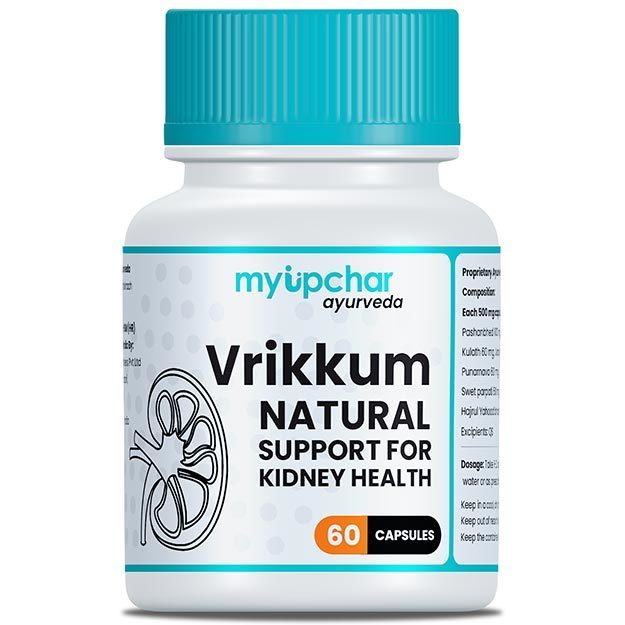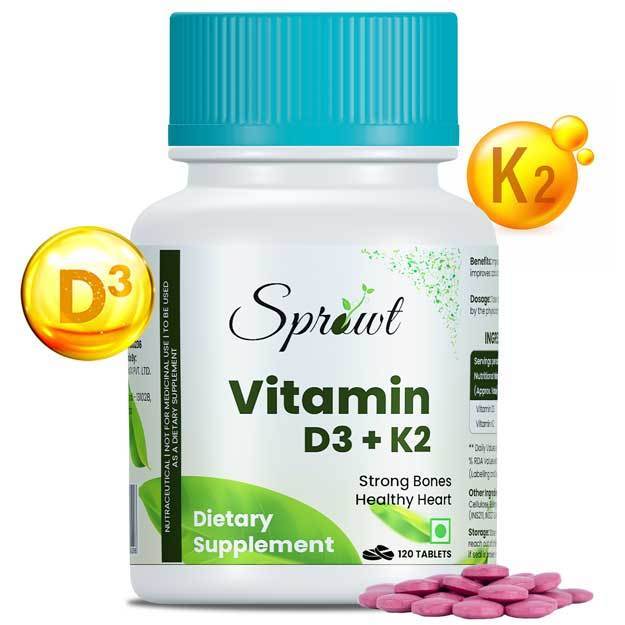Amicin Injection is a prescription drug, available for use as Injection. Primarily, it is used for the treatment of Urinary Tract Infection. Amicin Injection also has some secondary and off-label uses. These are listed below.
The right dosage of Amicin Injection depends on the age, gender, and medical history of the patient. Individual symptoms and route of administration also determines the right dosage. For detailed information on this, read through the dosage section.
While these are the most often observed Amicin Injection side effects, there are can be others also. These have been listed below. Such side effects of Amicin Injection normally do not last long and go away once the treatment is completed. Please speak with your doctor if these side effects worsen or persist for a longer duration.
It is also important to note that Amicin Injection has a Severe effect for pregnant women and Unknown effect on lactating mothers. It is important to know if Amicin Injection has any effect on the kidney, liver and heart. Information on such adverse effects, if any, has been given in the Amicin Injection related warnings section.
Amicin Injection is contraindicated in people with pre-existing medical conditions like Dehydration, Parkinson's Disease, Hearing Loss as it can result in adverse effects. Some other conditions that can be affected by Amicin Injection are listed in the contraindications section below.
Additionally, Amicin Injection may also adversely react with other medicines. See below for a complete list.
Along with the above-mentioned precautions, remember that taking Amicin Injection is considered safe while driving, and is addictive.
X























